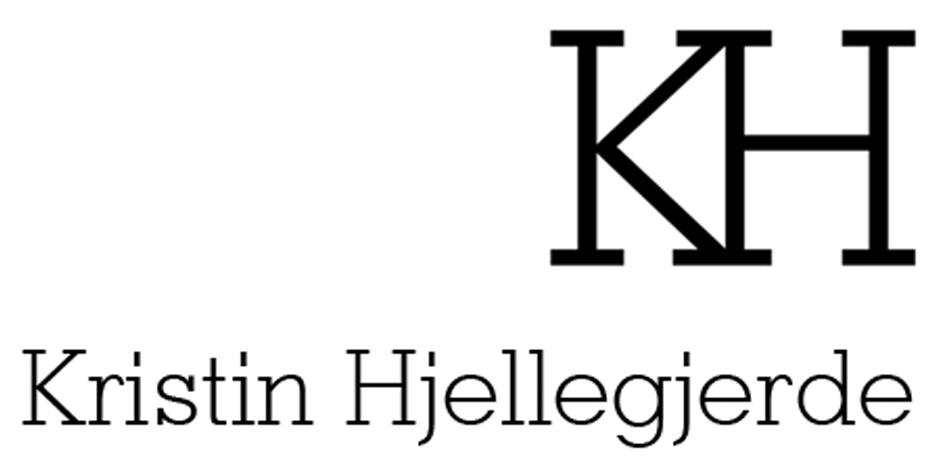-
Rufai Zakari
Girls Like Us -

-
Group exhibitions include A Gentle Seed, Mclennon Pen Co Gallery in Austin, Texas, US (2024); Emerging Echoes From Ghana: Reflecting Stories of Identity, Contemporary Art Matters, Columbus, Ohio, US (2024); New Wave Art Wknd, Kristin Hjellegjerde Gallery, West Palm Beach, USA (2023); Accra! The Rise of a Global Art Community, The Columbus Museum of Art, Ohio, USA (2023); 1-54 NYC, with Kristin Hjellegjerde Gallery, New York City, USA (2023); The Day I Saw You: Portraits from the AMMA Foundation, Queretaro Contemporary Art Museum, Mexico (2023); Savings: The art of saving and preserving, Kunstverein Wolfsburg, Wolfsburg, Germany (2023); Untitled Miami Beach, with Kristin Hjellegjerde Gallery, Miami, USA (2022); The Armory Show, The Breeder Gallery, New York, USA (2022); Home is where the Art is, Kunsthal Rotterdam, Netherlands (2022); Global Positioning, Public Art Fund, New York, Boston and Chicago, USA (2022); Intersecting Identities, Arushi Gallery, Los Angeles, USA (2022); Entre-acte, Selebe Yoon, Dakar, Senegal (2021); More is More: Visual Richness in Contemporary Art, Akron Art Museum, USA (2021); 1-54 Contemporary African Art Fair, London, UK (2021); Devil’s in the Detail, Kristin Hjellegjerde Gallery, London, UK (2020); This Exhibition is Untitled, Nubuke Foundation, Accra, Ghana (2020); CirculArt Sustainable Art Exhibition by Eco Reward, Casa Trasacco, Accra, Ghana (2019); World Behind the Horizon, Gess Gallery, Dusseldorf, Germany (2019); Sustainable Art Workshop, Merck Foundation, Dubai, UAE (2019); Sustainable Art Workshop, British High Commission, Accra, Ghana (2018); Elimination of Violence Against Women and Girls, French Embassy and Alliance Francaise Accra, Ghana (2018); Yoomo Be Ga, Recycled Art Exhibition, Museum of Science and Technology, Accra, Ghana (2017); 555 Exhibition by Kings Crown Media, Horizon Office, Accra, Ghana (2016); Ghana Netherland Cultural Week Exhibition, Accra (2016); Uncooked Culture Art Exhibition, London, UK (2015); African Champions, mural in collaboration with (You Are For Africa), Lagos, Nigeria (2015); Go Go Ghana, Imago Mundi (2014).Highlights and collectionsRufai Zakari's work can be found in important private and public collections including Pizzuti Collection at Columbus Museum Of Art, USA; Arthur Lewis Collection, USA; Easton Capital/John Friedman Collection, USA; Nubuke Foundation, Ghana; The Bunker Artspace Museum, USA; The Ditau Collection, South Africa; Susan Goodman Collection, USA; VG Collection; Akron Museum Collection, US; JOM Collection, Senegal; AMMA Foundation, Mexico; The Africa Centre Collection, London, UK.
-

-
Through his portraits Zakari seeks to make visible the unseen work and struggle of these women, to remind us that what we see on the outside is rarely the whole truth. Take, for instance, the portrait of a woman wearing a pink headscarf against a bright yellow and orange background. Like all of Zakari’s figures she appears self-assured and glamorous, wearing red lipstick and sunglasses balanced on her head. The circle behind her is like a halo or a spotlight, highlighting her importance while also hinting at her past struggle. In the circle there are silhouettes of women carrying heavy loads on their heads. It is an image that comes from Zakari’s childhood memories of seeing women, and his mother, carrying their possessions, often across vast distances, from villages to cities, but this form of transportation is also a paid profession for women in Ghana who are employed as kayaye, or head porters, in the markets. For the woman in this portrait the image can be understood as a vision of her past profession or the physical journeys she has had to make to create the life she wanted, but it could also suggest a different kind of burden (emotional or mental) that she has had to and perhaps continues to bear.We encounter the same symbolism in the portrait of a woman sitting on a bed. Once again she is beautifully dressed and although her gaze is turned outward, she is in total command of the space: we are the intruders, disturbing her rest. Next to her in the mirror, we encounter a different vision: here is the woman sleeping in a pan that kayaye use to carry things on their head. The faded text of the labels forming the space around her creates an impression of movement and chaos in comparison to the calm order of the bedroom. Again, it is a story of unseen struggle, but even in the portraits which do not directly represent this idea of duality, the materiality of all of the work speaks to a history of labour and hardship as well as to renewal and repair. The compositions – the women and their possessions – are literally stitched together from found, upcycled trash which has been transformed, through art, into something not only beautiful but also valuable.Zakari plays most obviously on this idea in the portrait of a woman driving a car made out of flattened Cadbury’s hot chocolate packets. From a distance the shininess of the packets and their distinctive shade of vivid purple creates an impression of preciousness; it is only when we more closely examine the surface that we can identify the labels for what they are. As Zakari says, ‘It’s only when we take the time to think about and get to know someone on a deeper level that we can begin to truly understand the full story and to see the whole picture.’
-
Enquire
-
Rufai Zakari : Girls Like Us
Current viewing_room












